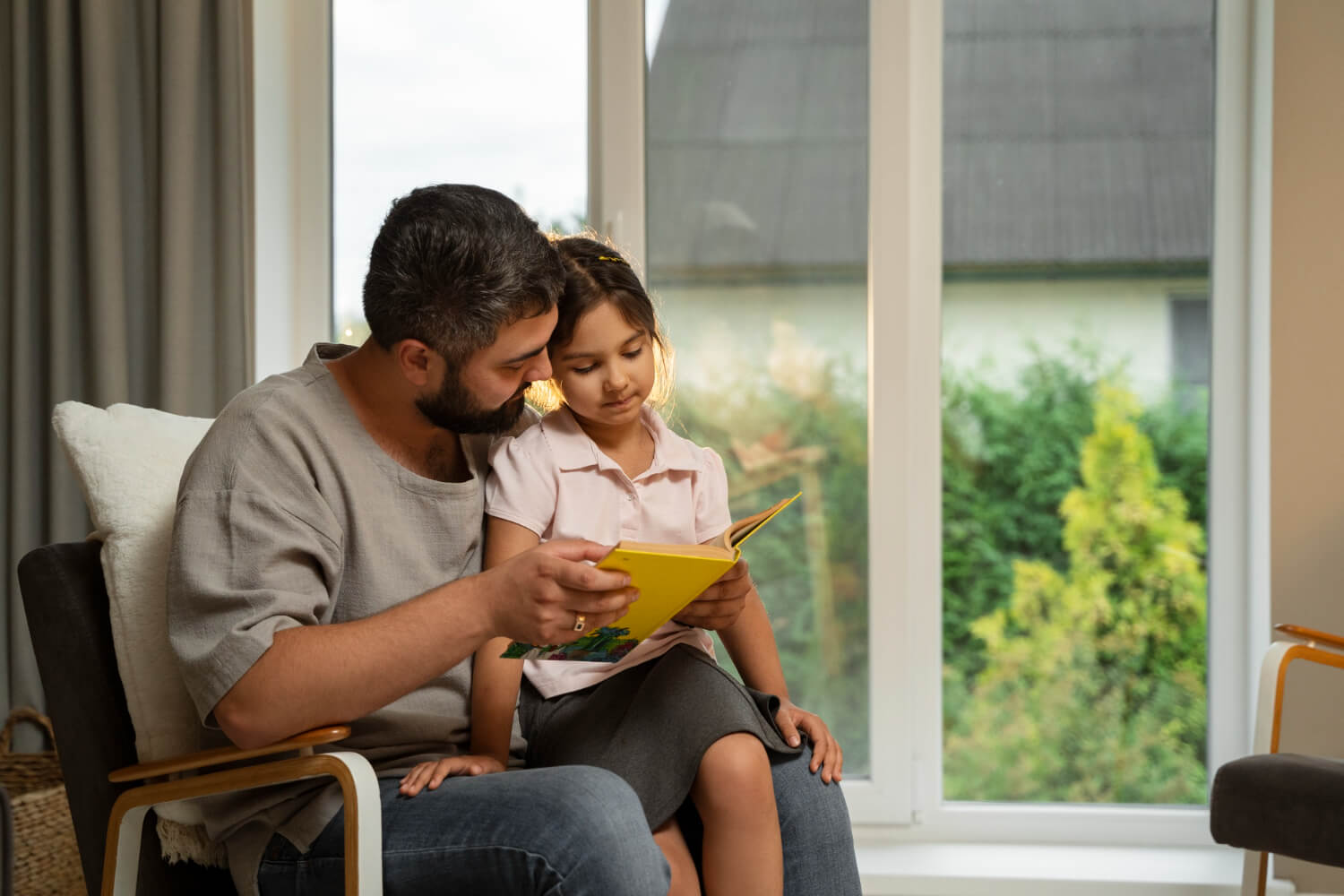Good Touch vs. Bad Touch: What’s the Difference?
Vrinda Bachchan • 9 Aug, 2023 • 7 mins
Personal space is very important. We must learn what is fine and what’s not.

You may have heard the words “good touch” and “bad touch”. These words may sound simple but there’s a lot to understand here. This is a sensitive topic and requires kindness, compassion and care when being discussed.
Many of you may be familiar with both these kinds of touches. Your parents, teachers or friends may have already spoken about them with you.
1. Good touch: This refers to a friendly sort of physical contact. This is a kind of touch that you may receive from your friends and family. This could be a hug, a pat of encouragement on the back or even a handshake.
It could even be lightly playing around with someone, such as jokingly punching someone’s arm or tugging at them like we often do with our brothers and sisters.
2. Bad touch: This refers to physical contact that makes us feel uncomfortable. It could be from strangers and also those known to us. Bad touch means inappropriate touching. It is done by people with bad intentions in mind or people who want to harm us.
Good touch doesn’t always have to come from friends and family. Sometimes even people who we have met recently may offer us a hug or lovingly pull our cheeks. At the same time, bad touch doesn’t only come from strangers, it can come from people you trust too.
So then, how do we tell the difference?
Bad touch will almost always make us feel uncomfortable. It is not easy to understand if a person wants to harm us from their physical contact with us. So, if someone touches you where you don’t want them to, simply tell them, “please do not touch me” and move their hand away.
It is important to set clear boundaries about your personal space with people. You must let people know when you don’t like them touching you. If they do not stop making you uncomfortable, even if they ask you to keep it a secret, you should tell your parents or an adult that you trust.
Some bad people touch children in the wrong way. They think that children are innocent and easy to hurt, which is why they prey on them. This is why it’s even more important for kids to be aware of their surroundings and speak up if something doesn’t seem right.
This is how you can set boundaries with other people to not enter your personal space:
1. Speak up: Let people know if they make you uncomfortable in a clear manner. If you feel unsafe or threatened by the presence of anyone, immediately tell your parents at home or your teacher or principal in school.
2. Respect the space of others: It’s possible that other people may feel uncomfortable with how we touch them, even if we mean no harm. We must learn to respect others’ personal space too.
If someone tells us they don’t like our friendly touching, such as hugs, kisses, and playfully hitting them, then we should respect their decision and stop immediately.
3. Be aware of your rights: The law gives special rights to children to protect them from verbal, physical and mental abuse, as well as bad touch from others.
Never shy away from seeking help from a parent, teacher, counsellor, principal or any other adult you trust. There is no shame in asking for help.


.jpeg%3Falt%3Dmedia%26token%3Dcafe2911-8e51-44cd-816d-852b472406e6&w=3840&q=75)